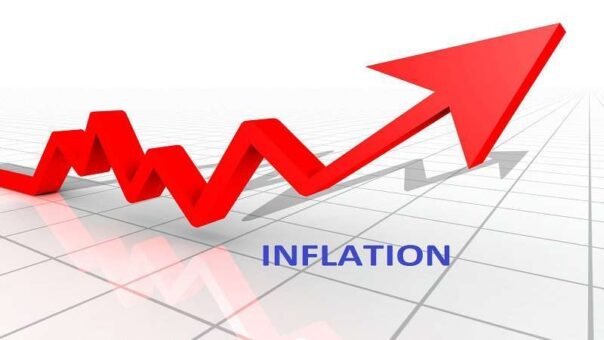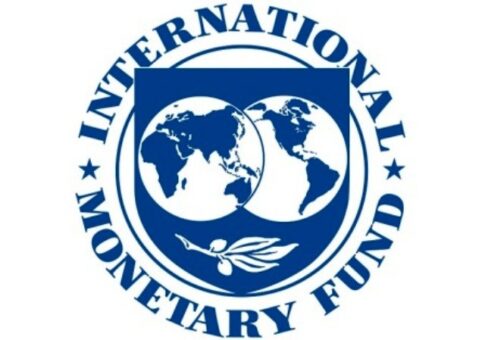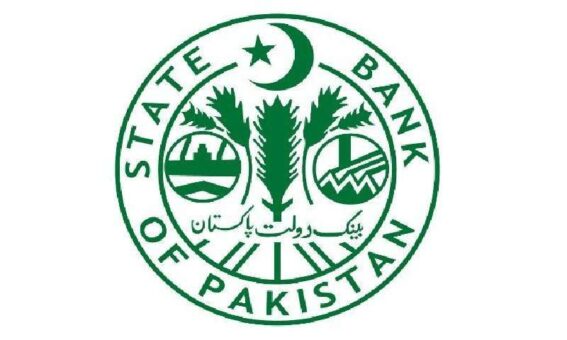Finance Minister Ishaq Dar on Sunday hoped friendly countries would help Pakistan in current difficult economic situation.
(more…)Explore finance-related stories with Pakistan Revenue, your source for the latest updates on Pakistan’s economy, financial trends, and market insights. Stay informed with real-time economic developments.






